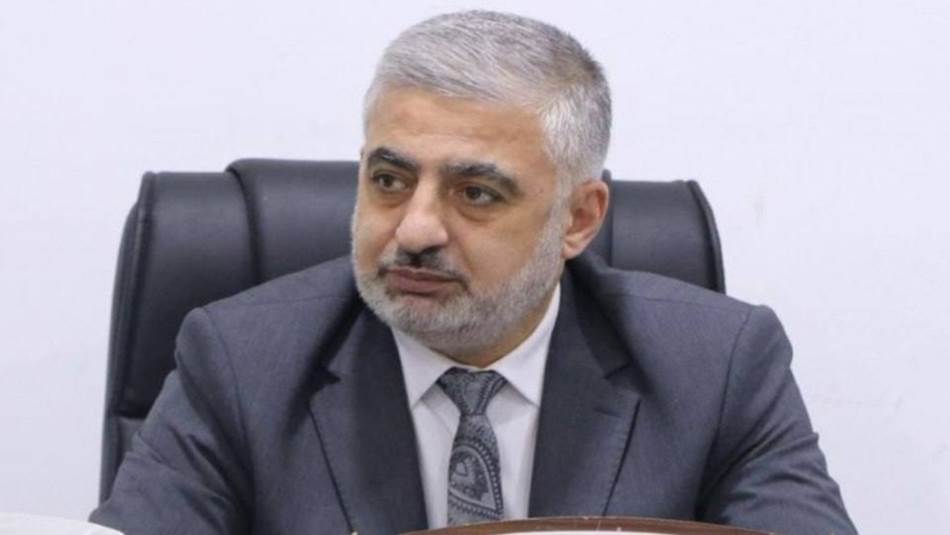In a significant political development, the new Syrian administration has appointed Ali Kidda as the Minister of Interior in the caretaker government, replacing Mohammad Abdul Rahman, who has been reassigned as the governor of Idlib. This marks the first major reshuffle in the transitional government formed after the overthrow of Bashar al-Assad’s regime in December 2024.
Ali Kidda: A Close Ally of Leadership
Kidda, born in 1973 in the village of Harbanoosh in northern Idlib, is recognized as a key figure in the new administration. Often referred to as a “shadow man,” he is closely associated with Ahmad al-Sharaa, the leader of the political administration, and is considered one of his principal advisors in shaping both domestic and foreign policies. Despite his prominent role in meetings with delegations visiting Damascus, Kidda has not held an official position until now.
Kidda has a background in engineering, holding a degree in military engineering (1997) and another in electrical engineering with a specialization in electronics (2003). Before defecting from the Assad regime in 2012, he served as a military officer and was imprisoned for seven months due to his opposition to the regime. Following his defection, Kidda immersed himself in revolutionary activities, particularly in Idlib, contributing to local governance and education. He has also served as the head of the Salvation Government in Idlib from 2019 to 2024 and as Deputy Minister of Interior for Administrative Affairs in the second Salvation Government (2018–2019).
Mohammad Abdul Rahman: A Controversial Reassignment
Kidda’s appointment signals the dismissal of his predecessor, Mohammad Abdul Rahman, who served as Minister of Interior in the fifth and sixth Salvation Governments (2022–2024). Abdul Rahman, also a native of Idlib, graduated from the Military Academy in Homs and defected from the Assad regime in 2012. His reassignment to the governorship of Idlib has sparked speculation regarding the reasons behind the reshuffle.
While some view the decision as a routine administrative change, others suggest it may reflect dissatisfaction with Abdul Rahman’s handling of security affairs, particularly in the coastal regions. Reports indicate that there has been criticism of the Ministry of Interior’s General Security Department under his leadership.
Broader Implications and Immediate Changes
This reshuffle highlights the evolving dynamics within Syria’s transitional government as it consolidates power and reorganizes its leadership. The Ministry of Interior announced the temporary suspension of civil registry services in Idlib and its surrounding areas, citing electronic maintenance and data updates. The move underscores efforts to modernize administrative systems in the region.
Kidda’s appointment is seen as a strategic choice, with his technical expertise, political acumen, and revolutionary credentials aligning with the new administration’s goals. However, the implications of this decision for Syria’s broader security and governance remain to be seen as the transitional government navigates its challenging path forward.
This article was translated and edited by The Syrian Observer. The Syrian Observer has not verified the content of this story. Responsibility for the information and views set out in this article lies entirely with the author.


